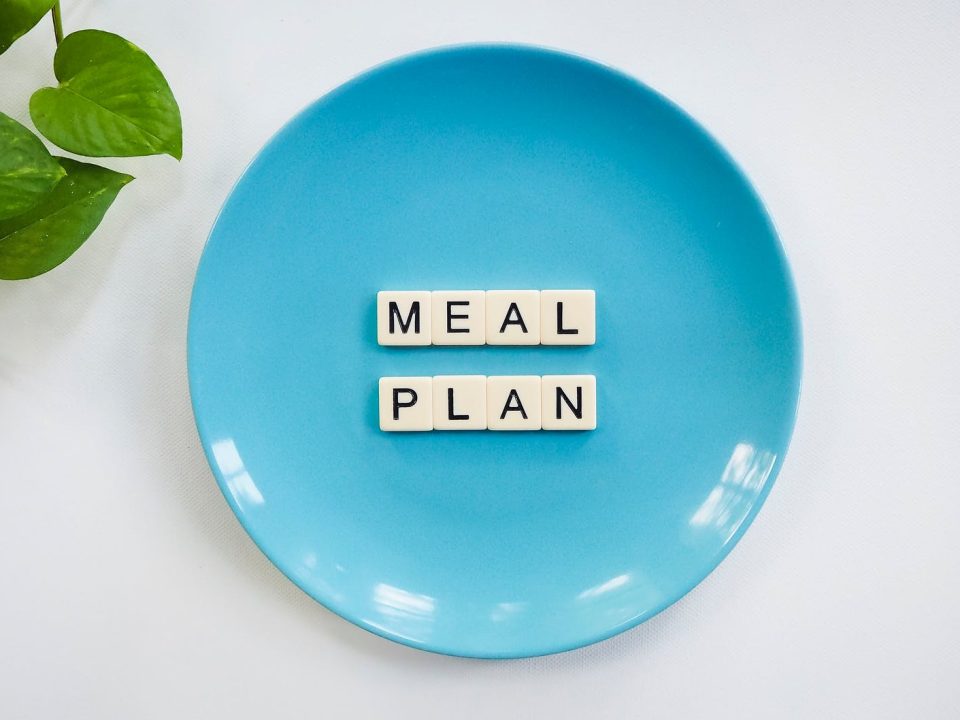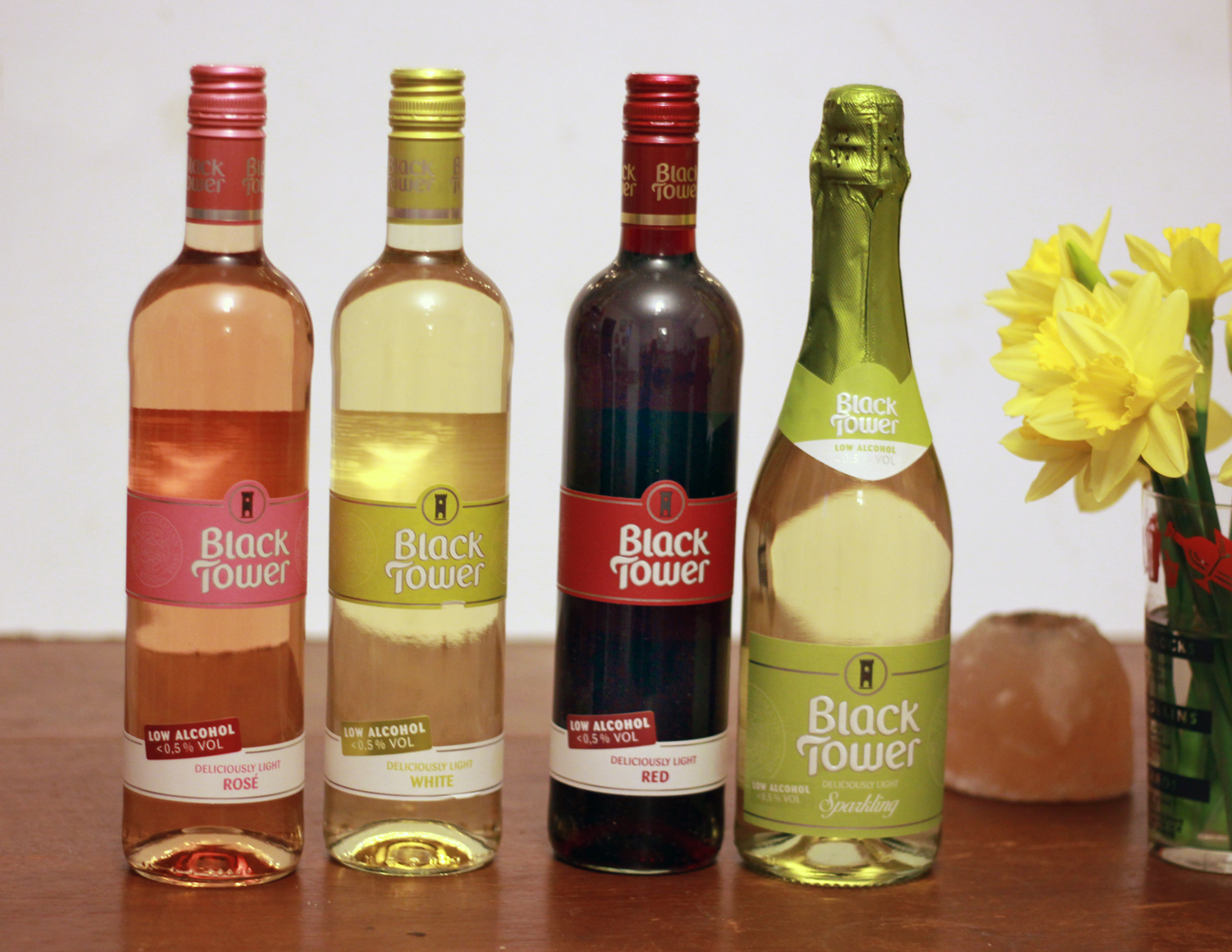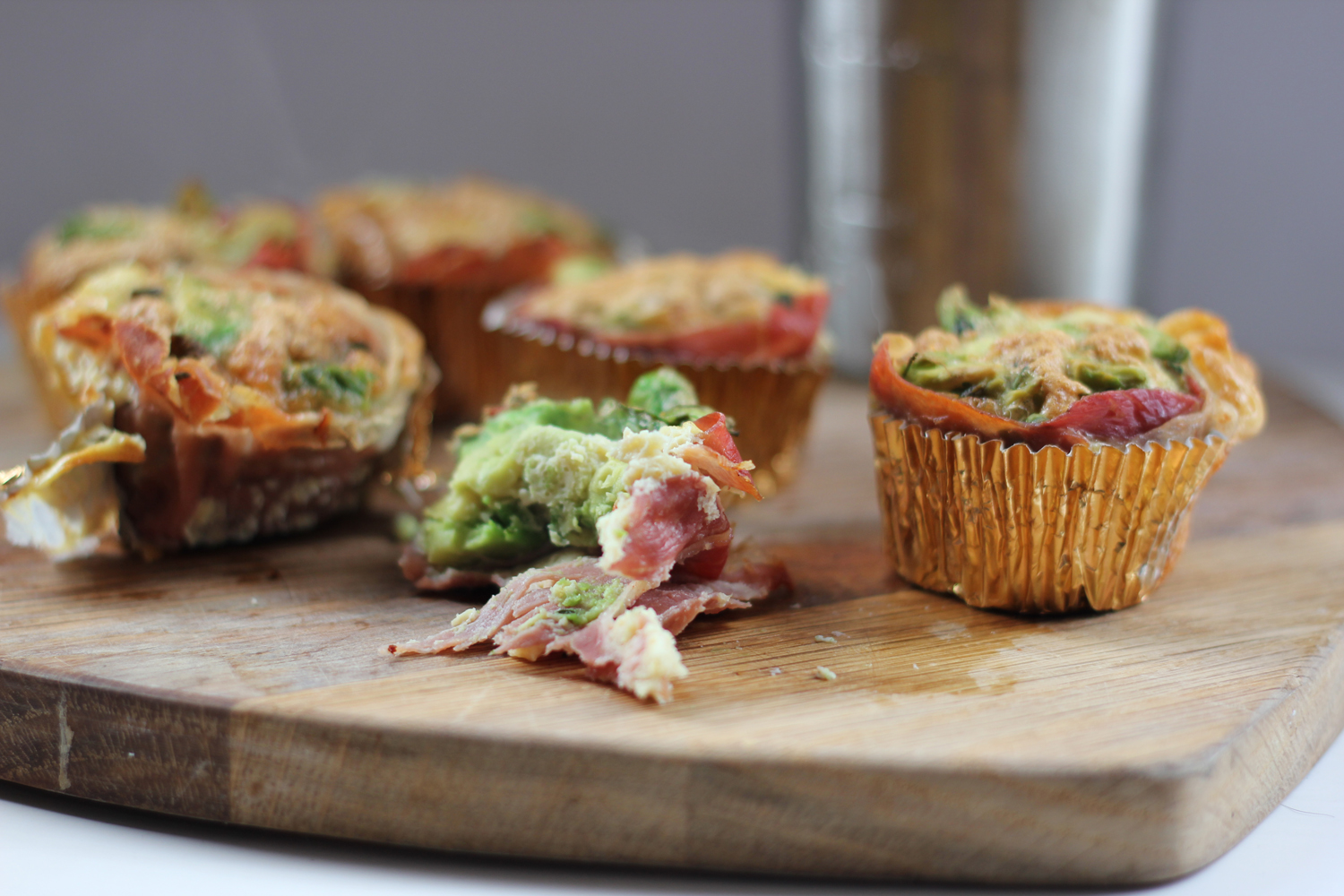Cocktail Hour – Frankie and Bennys New Cocktails
October 1, 2012Can You Use Straighteners to Create Vintage Hair?
October 3, 2012Even though all the research says you really must eat breakfast, as people who eat breakfast are slimmer, healthier and altogether more wonderful people, I’ll confess I never used to bother.
I was never really hungry first thing in the morning, a cup of coffee and maybe a mid morning herbal tea was normally all I needed to keep myself going till it was a reasonable hour for lunch. Since I’ve started running, however, that seems to have changed. I’m hardly ramping up excessive mileage, but I’ve started to feel ravenous by 10am, and if I can’t eat then by lunch time I start to feel confused, woozy, irritable and all round terrible. So, I need to start eating breakfast.
Being away a lot I’m often faced with the “Breakfast Buffet”. Whether it’s free or you have to pay £10 for it this is the preferred option of many a budget and mid priced hotel these days, so I’ve had to have a think about what the best thing to eat from the offerings are.
I’m looking, ideally, for some protein, calcium, and slow release carbohydrates to get me through to lunch. I’m hoping to avoid too much fat, sugar and refined carbohydrates.
Unfortunately the reality is that most of the stuff on a breakfast buffet is going to break some of these “rules” but some choices are better than others. These are my tips, based on information I happen to have in my head about healthy eating and not being a nutritionist at all. Use your common sense.
The bakery selection – Avoid white bread, croissants, muffins, pain au chocolat and all those tasty looking shiny pastries. The shiny is sugar and they’re all refined carbohydrates that will give you a spike in blood sugar and then leave you grumpy and tired for the rest of the morning.
If you’re lucky this section will have some wholegrain bread or rolls, the type with bits in, that’s your best choice. Most brown bread is unfortunately just white bread with added colourings to make it look brown.
The cereal selection – If your buffet has boxed cereals then check the back of the box and look for a high fibre, low sugar option, preferably with under 6g of sugar per serving. If it’s not boxed then you’re going to have to use your common sense a little. Disappointingly anything labelled “frosted” is unlikely to be a low sugar breakfast option, watch out for the muesli as well, some places have low sugar muesli, but if it’s not labelled it’s probably packed with it. Bran flakes or similar are a better option.
The hot selection – Steer clear of sausages, they will be packed with fat, a slice of bacon probably isn’t too bad if you really want it, but will probably have a lot of salt. Eggs and beans are probably your best choice here. Although beans contain sugar and salt they also contain protein, fibre, iron and calcium, and the tomato sauce on them contains the antioxidant lycopene. Eggs are another wonder food, containing protein, vitamin D and choline, a nutrient important for brain function and health.
The chilled selection – In that chiller cabinet you’ll find some healthy looking fruit salad. It’s probably covered with sugar water, leave it where it is. Pick whole fruit like apples, which contain vitamin c and release energy slowly to stabilise your blood sugar, or bananas which are a great source of potassium to help lower blood pressure.
You’ll normally also find yoghurt in the chiller, this is another one that feels healthy, but in reality many of the fruit yoghurt are stuffed with sugar. Choose a low fat, plain yoghurt for some calcium and protein.
The drinks – Fruit juice might count as one of your 5 a day but you’re better of having another apple. Whilst juice contains some nutrients it doesn’t have any fibre and has a lot of sugar. If you’re lucky there’ll be herbal teas, have a green tea if you’re feeling virtuous, but most of us need a caffeine shot in the morning, caffeine has been shown to have moderate effects on the metabolism, and in moderation could aid weight loss. Just don’t over do it and stick with plain coffee with a splash of skimmed or semi skimmed milk, rather than the lattes or cappuccino from the machine which will add extra unneeded fat and calories.
Good choices
- “Healthy” cereal such as bran flakes or shredded wheat with low fat plain yoghurt and a banana.
- Wholegrain bread with an egg (preferably not fried) and/or baked beans.
- Low fat yoghurt with sliced whole fruit and small spoonful of muesli if it’s unboxed.
This morning I opted for brown bread as there was no wholemeal, with a small scoop of eggs, and a small scoop of beans. I had a coffee and I pocketed an apple and some peppermint tea bags for later in the day. Probably around 400 calories in total, though I imagine probably quite high in salt.
In reality you’re probably making the best of a bad bunch when eating from a breakfast buffet. What’s important is to make the best and most informed choices you can, and remember, it’s only one meal. Take a peek at my tips for hotel room cooking if you want some better options than the buffet.








